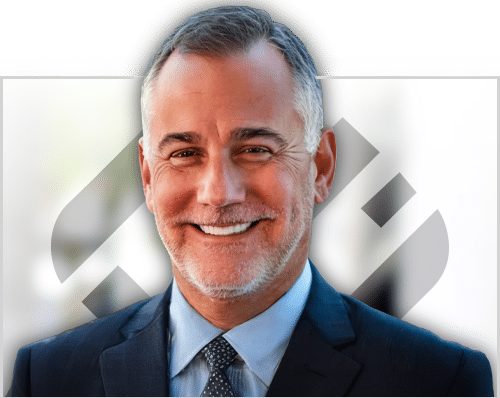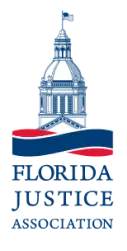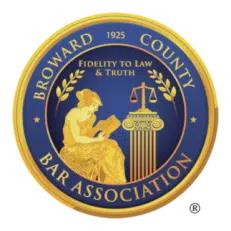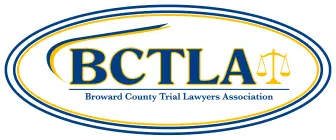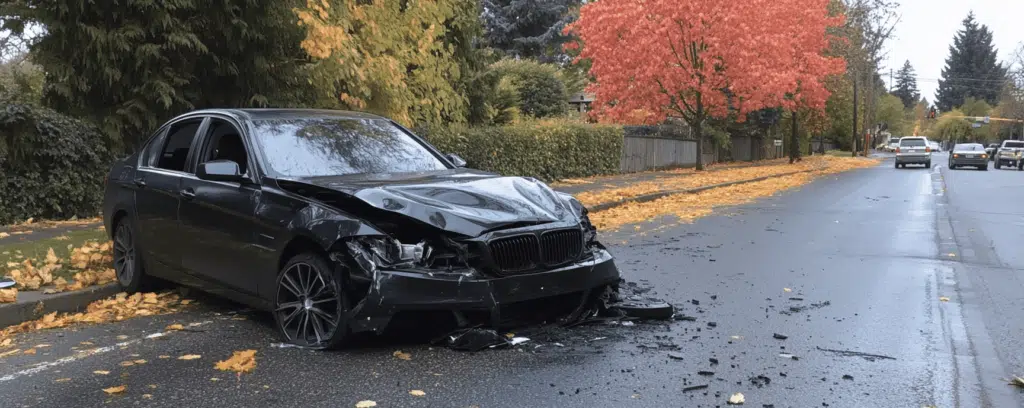
If you’re involved in an accident in a company vehicle, the question “accident in a company vehicle who pays?” immediately comes to mind. The answer depends on several factors, like the scope of your employment at the time and insurance coverage specifics. In this article, we’ll break down who is typically responsible for paying in these situations and what steps you should take afterward.
Key Takeaways
- Determining liability in company vehicle accidents depends on whether the employee was acting within the scope of employment, potentially implicating employers through vicarious liability.
- Employees are at risk of personal liability for accidents occurring while engaged in unauthorized activities, emphasizing the need for adequate insurance coverage.
- Legal representation is crucial for navigating the aftermath of an accident, ensuring proper claims filing, and understanding the implications of personal insurance and employment consequences.
Determining Liability in Company Vehicle Accidents
Determining liability in a company car accident is often a complex process that hinges on several factors. Was the employee acting within the scope of their employment when the accident occurred? This question is crucial because it determines whether the liability falls on the employer or the employee. Typically, the driver is held liable for accidents, but depending on the circumstances, multiple parties may share the blame. For instance, if the vehicle manufacturer contributed to the accident due to a defect, they might also be held accountable.
Consulting a car accident lawyer ensures that fault is assigned fairly and that protections are in place for those involved. Lawyers can navigate the intricate legal landscape, help gather evidence, and provide advice on the best course of action. Professional legal support ensures the process of determining fault is handled proficiently.
Employer’s Responsibility for Company Car Accidents

However, the scope of employment plays a critical role in determining whether vicarious liability applies. If an employee is on a minor detour from their work duties, the employer may still be held liable for any resulting accidents. Conversely, if the employee takes a major detour for personal reasons, known as a frolic, the employer is generally not liable.
Additionally, employers can be directly liable if their own negligent actions contribute to the accident, such as failing to maintain the vehicle properly.
Employers should verify that their liability coverage for company vehicle incidents is adequate. This coverage specifically pays for damages caused to third parties by the at-fault driver.
Knowing when an employer is held responsible aids both employers and employees in navigating the aftermath of a company car accident more effectively.
Employee’s Liability in Company Vehicle Accidents
Employees driving company vehicles have their own sets of responsibilities and potential liabilities. If an employee engages in unauthorized personal errand activities while operating a company vehicle, they may face personal liability for any resulting accidents. This liability extends to situations where the employee is driving under the influence, which can result in severe personal consequences.
Employees are also accountable for accidents that occur when they are using company vehicles for non-business purposes. In such cases, their personal insurance may be tapped to cover the damages. Employees must understand these responsibilities to avoid being personally liable and ensure adequate protection while driving company vehicles.
Let's Settle For More... Get Your FREE Case Review Today.
Let's Settle For More... Get Your FREE Case Review Today.
Insurance Coverage for Company Vehicle Accidents

Employees must ensure they have the appropriate insurance coverage when driving a company car for official duties. This coverage can protect them from significant financial losses and ensure that any damages or injuries are adequately compensated by their own insurance company.
Insurance coverage specifics vary by accident circumstances, so understanding the policy details is crucial.
Understanding Liability Insurance
Liability insurance is designed to cover damages caused by the at-fault party in company vehicle accidents. This coverage typically includes damages to other vehicles, property damage, and bodily injury. The extent of liability insurance coverage can vary based on the specific circumstances surrounding the accident.
Both employers and employees must grasp the scope of liability insurance. It ensures that all parties are aware of their protections and responsibilities in the event of an accident. This knowledge can help mitigate financial risks and streamline the claims process with the employer’s insurance company.
Workers’ Compensation Benefits
Workers’ compensation benefits are a critical safety net for employees injured in a company car accident. These benefits cover medical expenses, rehabilitation costs, and lost wages for employees who are unable to work due to their injuries. Employees can file a workers’ compensation claim to receive these benefits and ensure they receive the necessary medical care.
While workers’ compensation benefits are comprehensive, they do not cover pain and suffering. A personal injury attorney can help determine if additional compensation options are available.
Employees who understand their rights and coverage can navigate the recovery process more effectively.
Steps to Take After a Company Vehicle Accident
In the immediate aftermath of a company vehicle accident, taking the right steps is crucial. Start by assessing your own injuries and ensuring the safety of everyone at the scene. Contact emergency services to report the car crash and request medical help if necessary.
Informing your employer about the accident promptly is also essential. Collecting details from other drivers and witnesses involved in the accident can provide valuable evidence for insurance claims and legal proceedings. These steps can help protect your rights and ensure a smooth resolution of the incident.
Legal Representation and Support
Legal representation is vital following a company vehicle accident. Consulting an accident lawyer, such as those at ELG Injury Law, can provide reliable legal advice and representation. ELG Injury Law offers a free, no-risk consultation, making it accessible for employees to seek help without financial concerns.
If you are sued for a company vehicle accident, your employer’s auto insurance generally provides legal representation. However, hiring your own lawyer can offer better personal advocacy and ensure your interests are prioritized.
Recognizing the importance of legal support can significantly impact your case’s outcome.
Impact on Personal Insurance
An accident involving a company vehicle can have lasting effects on an employee’s personal insurance. Such accidents are noted on the employee’s driver record, which can influence future insurance rates. Insurance premiums may be adjusted based on the driving history following an accident in a company vehicle.
Being aware of these implications helps employees manage potential increases in personal insurance premiums. Being aware of how a company car accident affects personal insurance can encourage better driving practices and adherence to company policies.
Company Policies and Employment Consequences
Company policies play a significant role in determining the employment consequences of a company car accident. While getting into an accident does not automatically lead to termination, factors such as company policy, the severity of the accident, and the employee’s contract can influence the outcome.
Preventive measures like conducting motor vehicle record checks can help mitigate risks of vicarious liability. Knowing these policies and potential consequences helps employees adhere to company guidelines and maintain their employment status.
Filing Claims and Resolving Disputes
Filing claims and resolving disputes after a company vehicle accident can be a complicated process. Compensation for medical bills, lost wages, and pain and suffering should be sought through the appropriate channels. Reporting the incident to law enforcement and informing your company are essential steps.
Legal counsel is necessary for proving liability and gathering critical evidence. ELG Injury Law manages complex paperwork and ensures that all legal deadlines are met, enhancing the chances of receiving fair compensation.
Knowing the claims process helps streamline dispute resolution and ensure fair outcomes.
Frequently Asked Questions
Who is liable in a company vehicle accident?
In a company vehicle accident, the employer may be liable if the employee was acting within the scope of their employment, as this falls under vicarious liability principles. Therefore, the context of the employee’s actions at the time of the accident is crucial in determining liability.
What insurance coverage applies in a company car accident?
Liability insurance and workers’ compensation are the main types of coverage applicable in company car accidents, with specifics influenced by the circumstances and fault determination.
Can an employee be personally liable for a company car accident?
Yes, employees can be personally liable for a company car accident if they engage in unauthorized personal activities or drive under the influence while operating the vehicle.
What steps should I take after a company vehicle accident?
After a company vehicle accident, it is essential to ensure safety, contact emergency services, inform your employer, and gather information from other drivers and witnesses. Taking these steps promptly can help manage the situation effectively.
How can a car accident lawyer help after a company vehicle accident?
A car accident lawyer can assist you by providing legal advice, representing your interests, and efficiently navigating the claims process to secure fair compensation after a company vehicle accident.
Last updated Wednesday, April 9th, 2025
